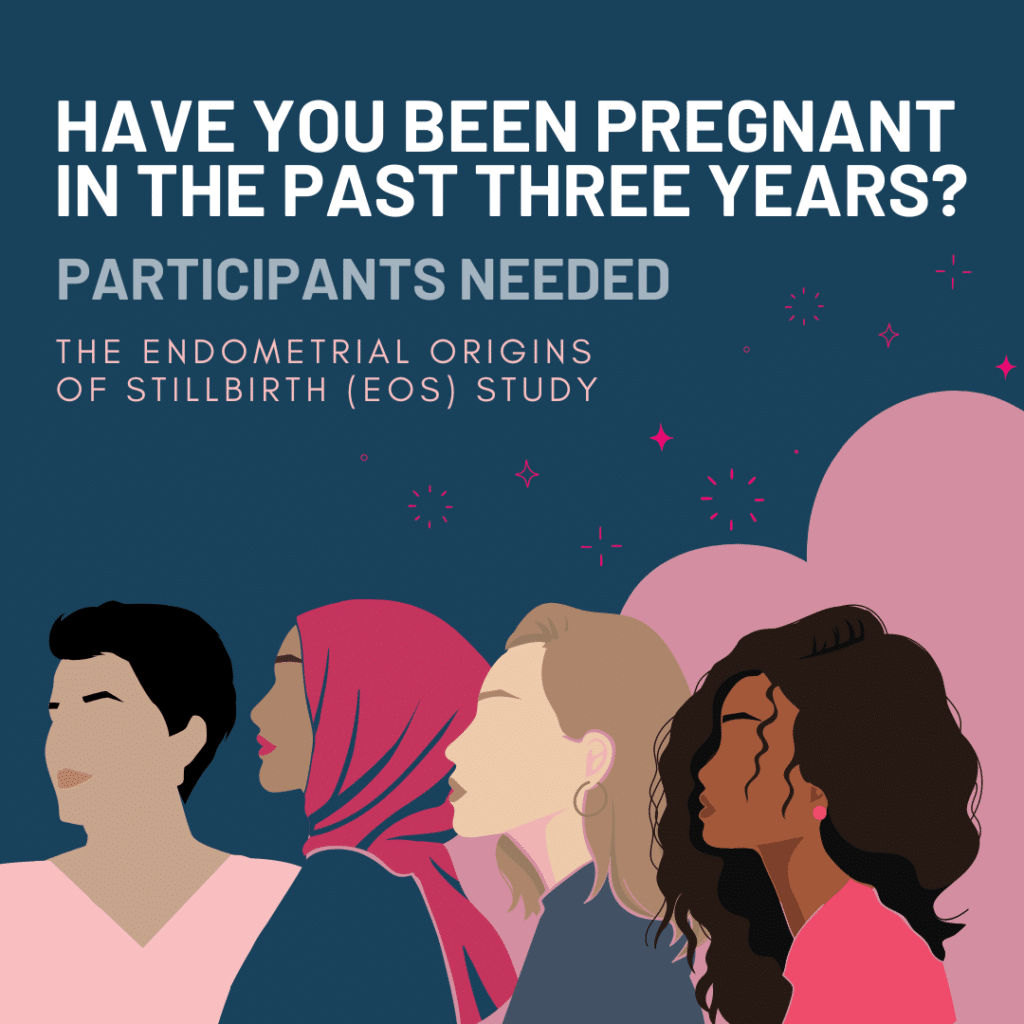Epidemiology and Clinical Trials
Overview
Informed by the outcomes observed in the maternity services at Monash Health, our group provides research expertise and capability to Monash Health and the State of Victoria via the Consultative Council for Obstetric and Paediatric Mortality and Morbidity. Our group is also an integral part of the Monash University, Department of Obstetrics and Gynaecology.
Our unique co-location within the hospital and Hudson Institute affords us the opportunity to undertake our own research and to support both scientists and clinicians in the translation of research findings from the laboratory bench to the hospital bedside. Through collaborations with other Hudson Institute researchers, we are also able to combine biological samples with clinical and epidemiological data.
We utilise epidemiological design principles, biostatistics and clinical trial expertise to improve the health of pregnant women and their babies/children.
Diseases we research
Areas of focus
- Stillbirth
- Maternal and perinatal outcomes among migrant and refugee women
- Reducing perinatal mortality and morbidity in Victoria
- Assessing the impacts of interventions and procedures related to pregnancy and labour care.
- Randomised Controlled Trials to assess the efficacy of interventions in pregnancy and birth.
- Implementation and health policy research
- Homebirth
We also offer study design, human ethics advice and statistical support to Monash Health staff and the wider Ritchie Centre.
Research Group Head | Dr Miranda Davies-Tuck
Tragically each year more than 2,100 Australian babies are stillborn. My research combines population-based and clinical epidemiological studies with discovery science research to reduce the rate of stillbirth and support improvements in clinical care.


Endometrial Origins of Stillbirth (EOS) Study
This study’s aim it to better understand the endometrium (lining of the uterus) in women who have experienced a pregnancy loss.
The ultimate aim to predict these outcomes through menstrual fluid.
News from the lab
Student opportunities





